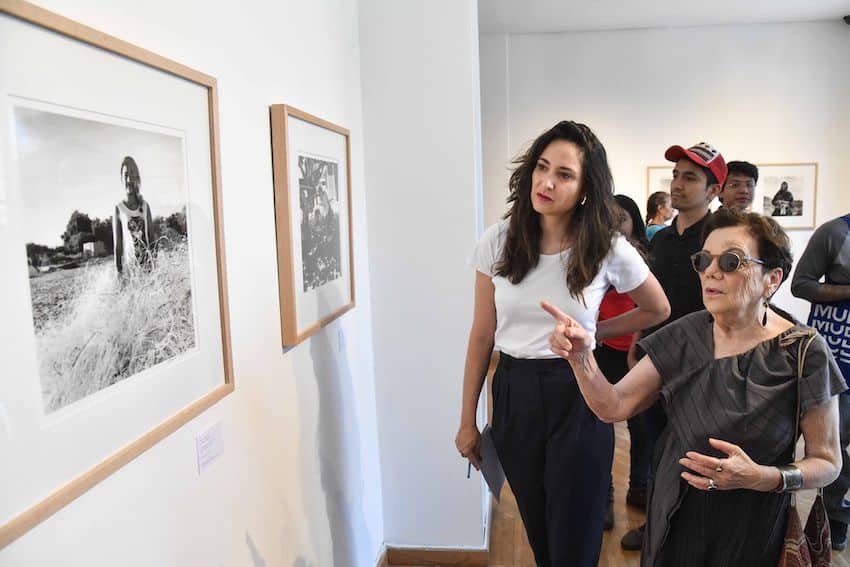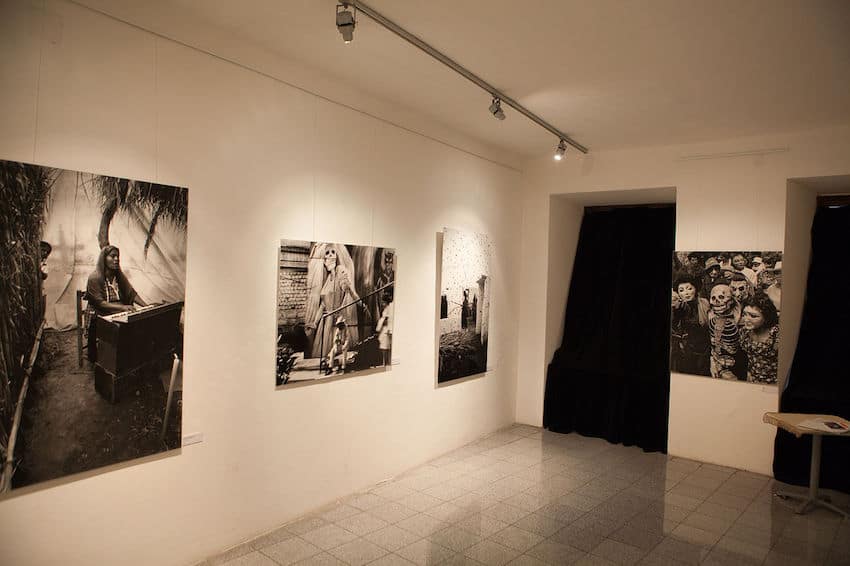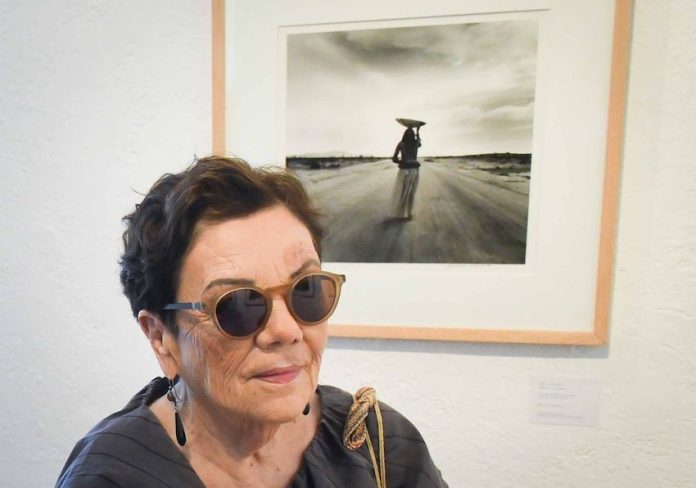Mexican photographer Graciela Iturbide has won the prestigious William Klein Prize from the French Academy of Fine Arts, honoring her decades of work capturing Mexican culture and Indigenous communities.
Starting in 2019, the William Klein Prize is awarded every two years to a photographer from anywhere in the world, and assesses artists’ career and commitment to photography. Previously, it was awarded to Raghu Rai (India) and Annie Leibovitz (USA).

The 120,000-euro (US $132,000) prize money will be awarded to Iturbide in a ceremony at the Palais de l’Institut de France in Paris on Oct. 18.
“[Iturbide] is an icon of photography in Latin America,” the Academy said in a statement. “For more than five decades, she has created images that navigate between a documentary approach and a poetic sensibility.”
Born in 1942, Iturbide trained under the iconic Mexican artist Manuel Álvarez Bravo and has worked in countries across the world, including Cuba, East Germany, India, Madagascar, Hungary, France and the United States. She is most well-known for her documentation of Mexican culture, particularly her projects about the Seri Indigenous people of the Sonoran Desert and the women of Juchitán de Zaragoza, Oaxaca.
Iturbide’s portraits of the Seri were part of a commission she received in 1978 from the Ethnographic Archive of the National Indigenous Institute of Mexico. She lived in the 500-person Seri community of Punta Chueca for two months while completing the project.

“I lived with them in their homes so they would see me always with my camera and know that I am a photographer. In this way, we were able to become partners,” she later said.
A year later, she undertook a similar project in the Zapotec Indigenous community of Juchitán de Zaragoza, Oaxaca, which is known for elevating women to positions of authority. She returned to the community multiple times over the following decade, eventually publishing her powerful photographs in the book “Juchitán de las Mujeres” in 1989.
Iturbide has described her relationships with her subjects as a fundamental part of her art, sometimes requiring her to pass up photographic opportunities to respect an interpersonal moment. “To me, it’s more important to get to know the worlds I travel in,” she has said. “This knowledge is so attractive that the photography almost takes second place.”
The Academy recognized this deeply sensitive approach in awarding her the William Klein Prize, saying: “Photography for [Iturbide] is a ‘ritual’ in which she strives to capture the most mythical part of man.”
With reports from Milenio
